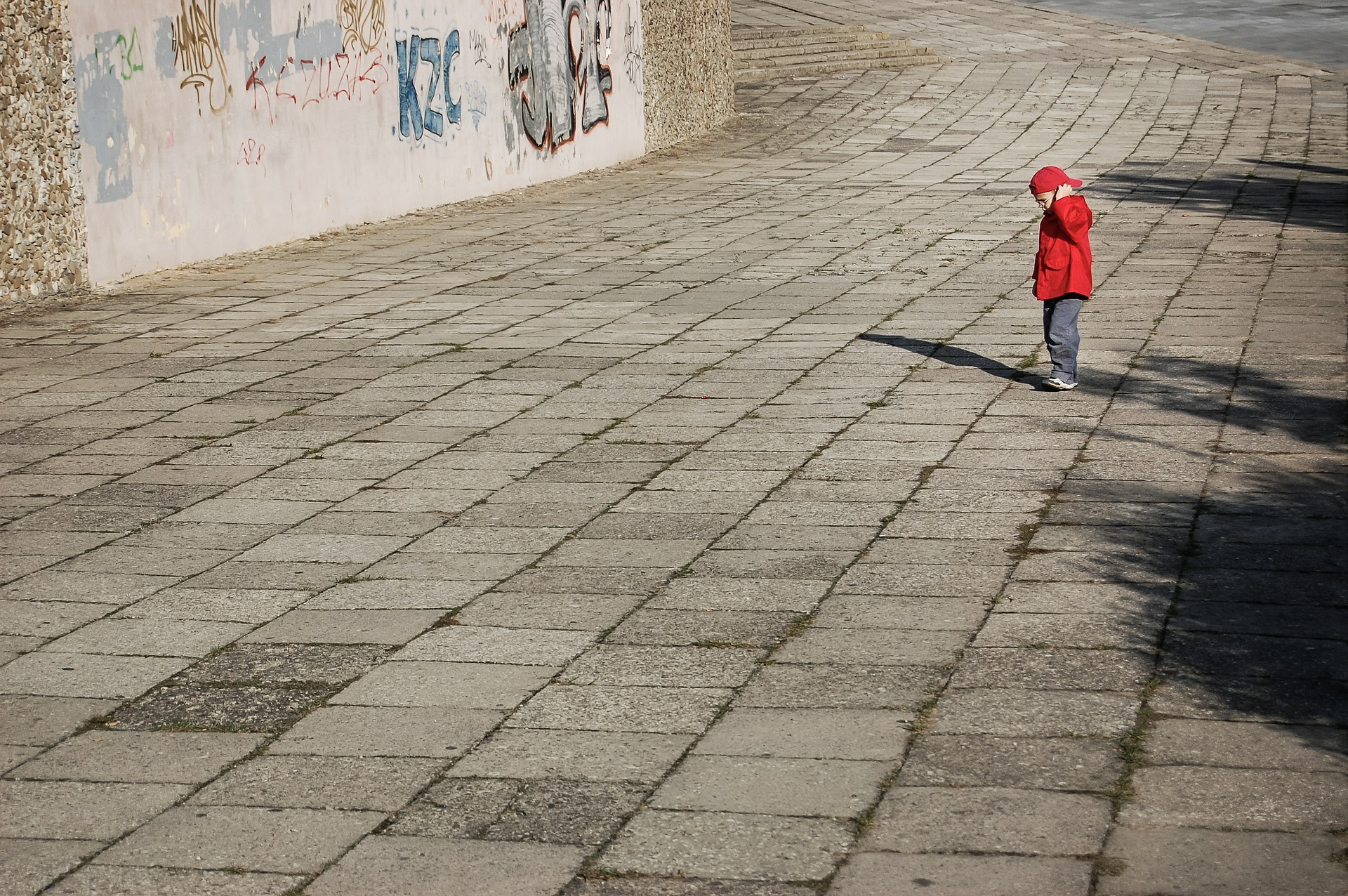
For all the talk of growing awareness of adverse childhood experiences, of the need for nurturing educational environments, or the realisation of rights and the voice of the child across learning establishments, there isn’t a week goes by when we don’t have to explain to teaching colleagues that punishment doesn’t change behaviour, or that shouting at a child is not okay, that stressing children by being ‘angry’ with them is not going to help. I’m not talking about classroom teachers, for the most part, I’m talking about senior, experienced people, the people in the office where children are sent when they are bad – professional colleagues who should know better.
At Children’s Parliament, we work with many different children. Some children are painfully shy and lack confidence, some are the opposite, some are quiet, some are real extroverts, out-there, demanding and loving of an audience. Then there are those, usually boys, who by the age of 11 or 12 behave like many of the men they know. They demand attention, don’t know how to pull back once they get excited, always conscious of how others perceive them, desperate to impress but knowing it’s not working. There’s the swagger, talking about or sharing images on the phone of fights that day or last night. They are on a path, at best perceived of as annoying, often exasperating and constantly in detention or excluded.
These are the boys who have been told since they were wee that they have ‘anger issues’. They have probably been to ‘anger management’. As far as I can tell they have a lot to be angry about. But actually, anger is not their ailment. Their affliction is, in fact, the very definition of toxic masculinity, manifest in a child’s body. It makes me sad and, being honest, when I work with them and it’s a bad day, I feel exhausted.
Then there are the good days. When you can see that they are listening when you tell them that you think they are kind, funny and smart. Some days they even believe you. Then you share this with other adults in their lives, including professional, trained, experienced educators, and what do you get back? “Well, we don’t see that. He’s a nightmare at school. If he kicks off again he will be withdrawn from Children’s Parliament – after all, he represents the school.” And how do I respond? Well, with tact and negotiation, explaining our approach and skills. I often feel powerless because these gatekeepers are bestowed with the authority to take engagement with us away. What do I want to say? “You know what, he wouldn’t want to represent your school, because he’s not part of it. You tolerate him and when you can you will show him the door.”
Before I am deluged with comments about how hard teaching is. About how many great teachers there are. I know that. I did it. And some of my favourite people do the job and truly are my heroes. They love children, as I do. I have worked with children for 35 years and, if I’m honest, I’m feeling a bit tired now. But what I’m really tired of is knowing that the experience of the boys I am talking about hasn’t changed in many places during this time. In 2018, these vulnerable and often isolated children are still labelled, disliked, picked-on, barely tolerated and in a system – personified by some experienced education professionals – that is designed to make them fail.
Colin Morrison
Co-Director Children’s Parliament
Watch our Rights-Based Approach film and read School Should be a Joyful Place to find out more about the learning environments we want for our children.
Read our report, collating over 21 years experience of delivering a rights-based approach across school and community settings, here: www.childrensparliament.org.uk/School-should-be-a-joyful-place-2016.pdf